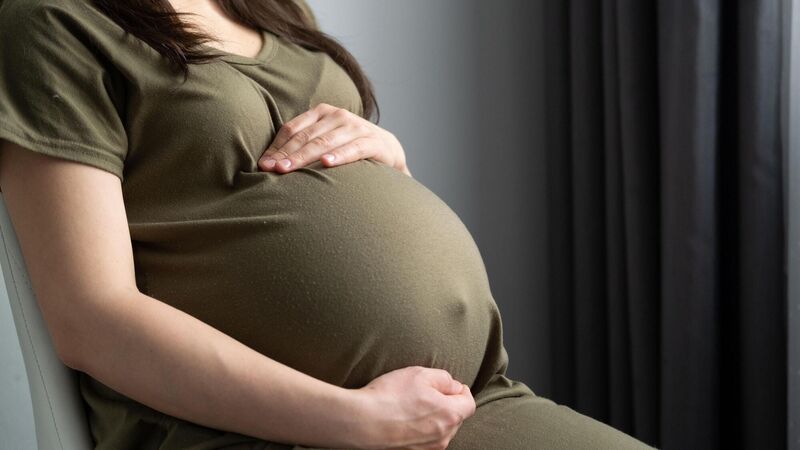Maternity care in Ireland has seen 'a lot of change', leading to better outcomes, leading doctor says

'Sometimes the space where you think you want to put a pool doesn’t support it,' Dr Murphy said, adding there had been 'infrastructure barriers'. File picture
Maternity care in Ireland has seen “a lot of change” over the last decade, despite discontent and public protests at the lack of access to some services, the HSE’s top obstetrician has said.
Dr Cliona Murphy, national women and infants health programme clinical director, said trends from the National Maternity Strategy 2016-2026 are more visible now.










